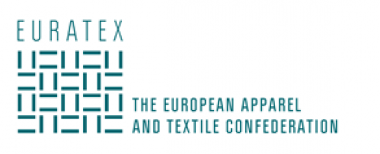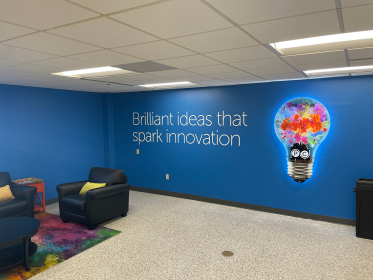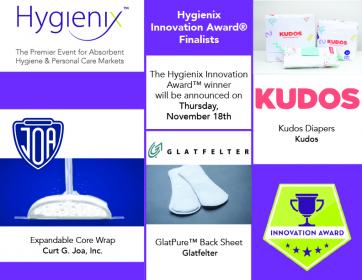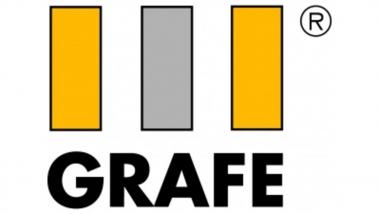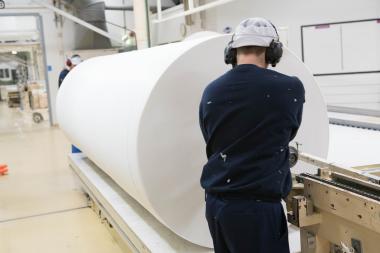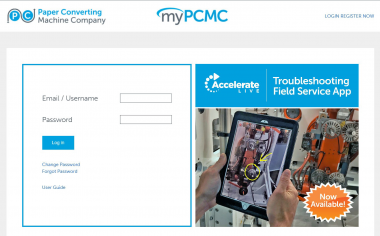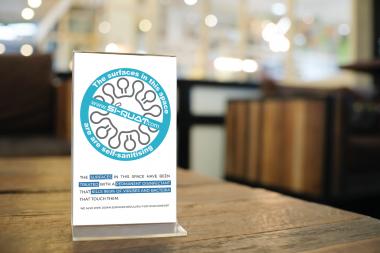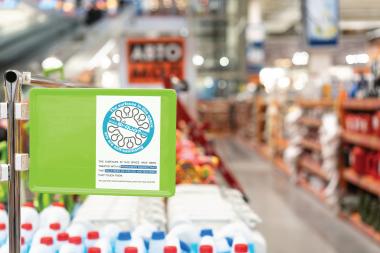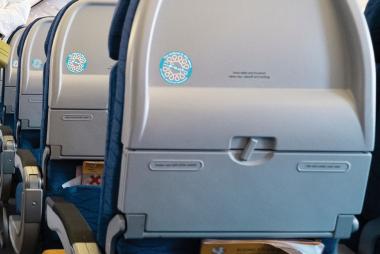PCMC partners with Fox Valley Flexo Services to provide flexographic printing education
Paper Converting Machine Company (PCMC) announces its partnership with Fox Valley Flexo Services to provide educational opportunities, demonstrations and training through PCMC’s Packaging Innovation Center.
“As we met with the team at Fox Valley Flexo Services to discuss possible synergies, it was apparent that the company’s combined 60-plus years of industry and education experience in flexographic printing would help us provide high-level training to the print industry,” said Rodney Pennings, PCMC’s Director of Sales–Printing, Coating and Laminating. “Our goal is to provide world-class, hands-on training and innovation through partnerships with industry leaders, and Fox Valley Flexo Services will immediately be able to help us do that.”
PCMC’s Packaging Innovation Center, located at its headquarters in Green Bay, serves the printing industry as a resource for training, demonstrations and industry trials, along with research and development opportunities. It features industry-leading equipment with capabilities in central impression and inline flexographic printing, digital printing, lamination, and bag and pouch converting.
“Attendees to our educational seminars will have the opportunity to operate and train on state-of-the-art equipment, and because we are an in-house training center, they will also have unique access to design and manufacturing expertise that is not typically found at other training centers,” shared Pennings. “They will not only see the what and how of printing equipment, but also be able to learn the why by understanding the design and engineering that goes into the equipment.
Barry-Wehmiller








